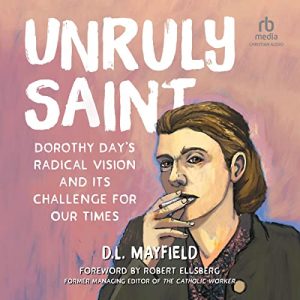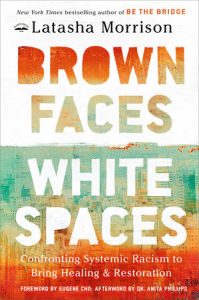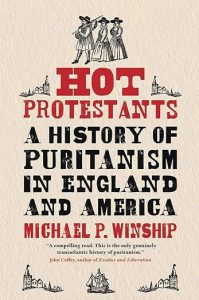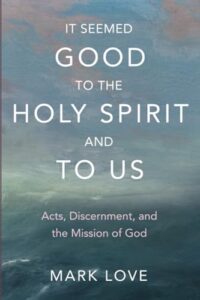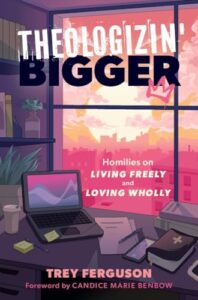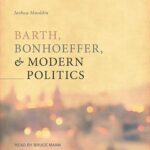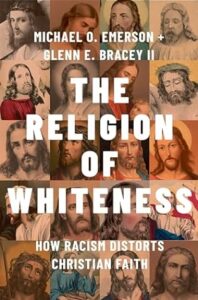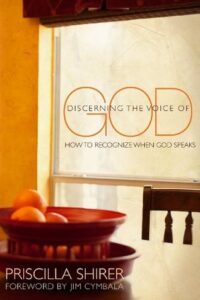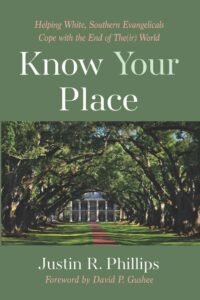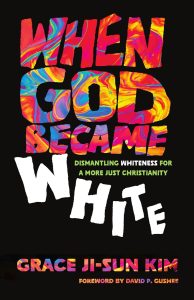 Summary: A mix of history, memoir, and theology to discuss the problem of God being portrayed as White and how this has communicated Whiteness (an ideology of racial hierarchy).
Summary: A mix of history, memoir, and theology to discuss the problem of God being portrayed as White and how this has communicated Whiteness (an ideology of racial hierarchy).
I have been looking forward to reading When God Became White since I heard it announced. I have only read her Intersectional Theology, but I own three of her books and I hope to read at least two of them this year. (Invisible, The Homebrew Christianity Guide to the Holy Spirit, Healing Our Broken Humanity). There are several reasons why I was looking forward to When God Became White. First, I wanted to explore the concept of Whiteness from a more theological perspective. Emerson and Bracey’s Religion of Whiteness explores it from a Sociology of Religion perspective, and I am familiar with its historical development from authors like Ibrahm Kendi and philosophical development of whiteness from authors like George Yancy. There are others working on theological development of the concept of Whiteness, but I expected (and found) that Grace Ji-Sun Kim broke out of the Black/White paradigm of discussing Whiteness and I knew from listening to a number of interviews and her writing that she would bring a gender critique as well.
The strength of When God Became White is its exploration of her own story and the way the Asian experience more broadly. The discussion of Whiteness is often limited to the White/Black binary. Throughout the book she discusses Warner Sallman’s Head of Christ thats her mother kept in an honored place in their home above the couch (Color of Christ by Harvey and Blum has a lengthy discussion of the history and impact of Sallman’s painting.)
“The white Jesus on our wall was a depiction to me of how God looked as well. I pictured God as an old white man, just as everyone else did. There was no reason to question that notion. It was everywhere: in paintings, stained-glass windows, and storybooks. I never questioned it. I didn’t even think twice about whether Jesus was white or not. It was not in my consciousness to question anything that was taught by my mother or the church. Both pushed a white Jesus, and I just took it as the truth.”
“What I didn’t know then that I know now is how influential that picture was on my own theology and faith development. That image of a white Jesus was imprinted on my brain and body so that I could not even question whether Jesus actually looked like that. It was a given, as it was the most famous picture of Jesus. I went to visit family in Korea twice during my youth, and even my family members there had the same picture of the white Jesus in their homes. The Korean churches also had the same picture of white Jesus. Furthermore, when I traveled to India during my seminary years, all the churches that I visited had this same white Jesus picture. This confirmed to me that this must be the real Jesus, as it is universally understood to be the image of Christ. I just took it for granted that Sallman’s Head of Christ must be the real thing.” (P8)
